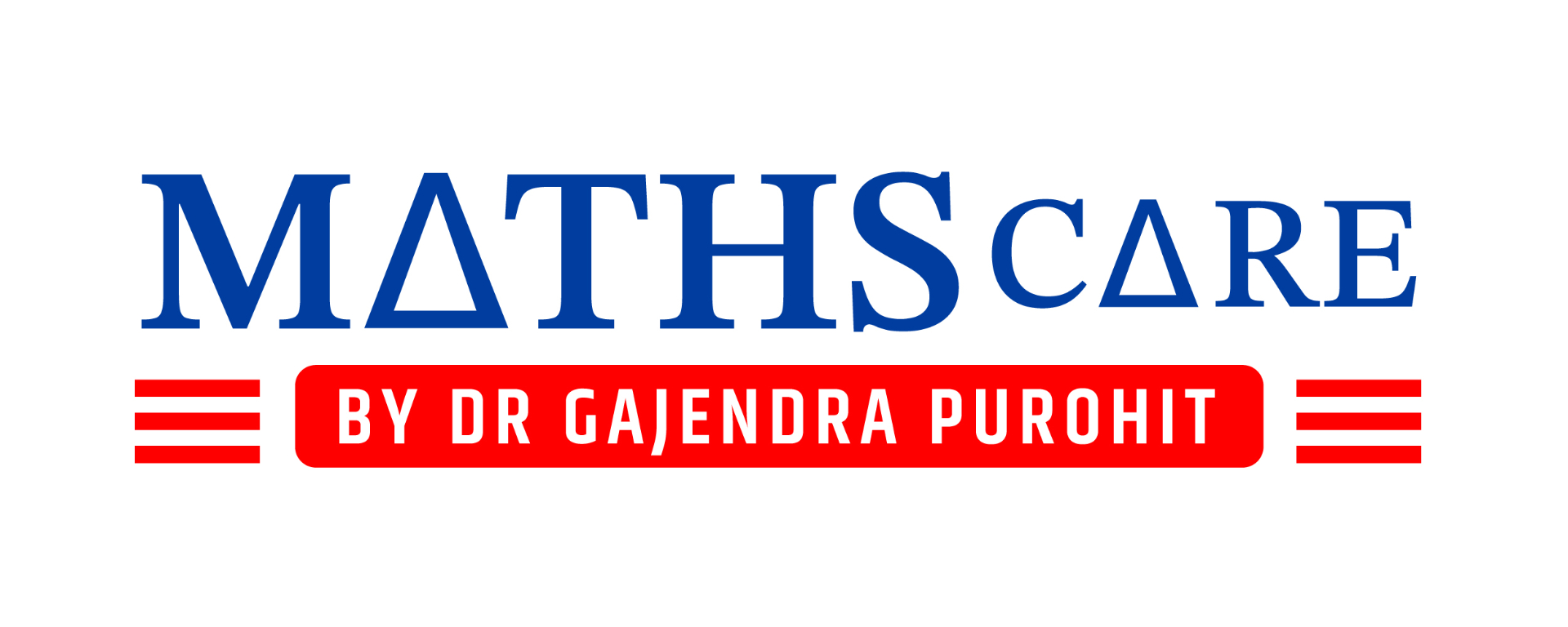CSIR NET General Aptitude Tips
CSIR NET (Council of Scientific and Industrial Research National Eligibility Test):Clearing the Council of Scientific & Industrial Research National Eligibility Test (CSIR NET) is a major milestone for individuals aspiring to establish a career in research and academia. This exam is highly competitive and requires meticulous preparation. While the primary focus is on subject-specific knowledge, the General Aptitude section plays a crucial role in determining the overall score. A strong performance in this section can significantly enhance a candidate’s chances of qualifying for the Junior Research Fellowship (JRF) and Lectureship positions.
The General Aptitude section evaluates logical reasoning, problem-solving skills, numerical ability, and data interpretation. Many candidates overlook this section, prioritizing their core subjects, but mastering it can provide a significant edge over competitors. This comprehensive guide delves into the exam’s structure, syllabus, preparation strategies, common mistakes to avoid, and key tips to help candidates navigate the General Aptitude section with confidence. Whether you are a first-time aspirant or someone looking to improve your previous score, following the right strategies can maximize your chances of success.

About CSIR NET
The CSIR NET is one of the most prestigious national-level exams conducted by the Council of Scientific & Industrial Research (CSIR) in collaboration with the National Testing Agency (NTA). It is held twice a year and determines candidates’ eligibility for research fellowships and teaching positions in India’s leading universities and research institutions.
Objectives of CSIR NET
Assessing Research Potential: The exam evaluates candidates’ abilities to conduct high-level research in scientific disciplines.
Junior Research Fellowship (JRF) Eligibility: Qualifying candidates receive a stipend to pursue research-based careers.
Lectureship Qualification: Successful candidates can apply for faculty positions in universities and colleges.
This exam is a gateway to higher education and professional research opportunities. With its rigorous assessment structure, it ensures that only the most capable candidates qualify.
Exam Structure
The CSIR NET exam consists of two key sections:
General Aptitude Section: Tests logical reasoning, numerical ability, comprehension skills, and analytical thinking.
Subject-Specific Section: Evaluates candidates’ expertise in their chosen subject, including Mathematical Sciences, Life Sciences, Chemical Sciences, Earth Sciences, or Physical Sciences.
The General Aptitude section contributes 30 marks and consists of 20 questions designed to assess critical thinking and analytical reasoning. While this may seem like a small portion of the exam, a strong grasp of General Aptitude can be the deciding factor in achieving a high score.
General Aptitude Section Breakdown
This section is carefully structured to evaluate various cognitive abilities that are essential for both teaching and research. It includes:
Comprehension-Based Questions: Requires careful reading and analysis of given passages.
Logical Reasoning Problems: Tests the ability to identify patterns, draw conclusions, and understand relationships between concepts.
Quantitative Aptitude Questions: Assesses numerical ability and problem-solving skills using mathematical concepts.
Data Interpretation: Evaluates candidates’ ability to analyze data presented in charts, graphs, and tables.
Basic Scientific Knowledge: Covers fundamental principles of science, reinforcing the applicant’s well-rounded academic background.
Syllabus for General Aptitude
A well-structured approach to covering the syllabus ensures effective preparation. The syllabus includes:
Quantitative Aptitude
Algebra: Simplification, equations, and inequalities.
Probability: Basic concepts, real-world applications, and problem-solving techniques.
Number Systems: Properties, operations, and divisibility rules.
Ratio & Proportion: Logical problem-solving applications in daily scenarios.
Logical Reasoning
Series Completion: Identifying logical sequences and missing terms.
Analogies: Establishing meaningful relationships between words and patterns.
Syllogisms: Deductive reasoning problems based on given premises.
Coding-Decoding: Identifying coded patterns and their logic.
Data Interpretation
Tables & Graphs: Analyzing numerical data trends and relationships.
Pie Charts & Bar Diagrams: Understanding proportional data representation.
Line Graphs & Histograms: Studying statistical trends over time.
Reading Comprehension & Communication
Sentence Completion: Grammar-based sentence structuring and improvement.
Vocabulary Building: Learning synonyms, antonyms, and contextual meanings.
Passage Interpretation: Developing critical reading and analytical skills.
Basic Science Knowledge
Fundamental Physics: Basic concepts in mechanics, motion, and energy principles.
Essential Chemistry: Basic chemical properties, bonding, and reactions.
General Biology: Biological processes, human physiology, and ecological systems.
Cutoff Trends for General Aptitude
Cutoffs are determined based on multiple factors and play a crucial role in qualifying for JRF and Lectureship positions.
Factors Affecting Cutoffs
Exam Difficulty Level: If the paper is tougher, the cutoff may be lower.
Number of Candidates: Higher participation leads to increased competition.
Category-Based Relaxations: Different cutoffs for General, OBC, SC, ST, and EWS categories.
Overall Performance Trends: The average score of candidates influences the final cutoff.
Effective Preparation Strategies
To excel in the General Aptitude section, candidates should adopt a systematic approach:
1. Understand the Exam Pattern & Syllabus
Familiarize yourself with the detailed structure of the exam and focus on high-weightage topics.
2. Build Conceptual Clarity
Ensure a strong foundation in mathematical reasoning, logical thinking, and data analysis to enhance problem-solving skills.
3. Regular Practice & Mock Tests
Attempt full-length mock tests and solve previous year papers to improve speed and accuracy.
4. Time Management Techniques
Learn to prioritize questions based on difficulty level and allocate time accordingly.
5. Use Quality Study Material
Refer to standard books like:
‘Quantitative Aptitude’ by R.S. Aggarwal
‘Logical Reasoning’ by Arun Sharma
CSIR NET General Aptitude Practice Papers
6. Stay Consistent with Revision
Regularly revise key topics, formulas, and shortcut techniques to retain information effectively.
7. Stay Calm & Confident
A positive mindset is crucial. Avoid last-minute stress by maintaining a structured study plan.
Common Mistakes to Avoid
Many candidates lose marks due to avoidable errors. Be mindful of:
Poor Time Management: Avoid spending excessive time on difficult questions.
Lack of Conceptual Understanding: Prioritize understanding over memorization.
Ignoring Instructions: Misreading questions often leads to incorrect answers.
Inadequate Practice: Regular practice is key to mastering this section.
Conclusion
Excelling in the General Aptitude section of CSIR NET requires a blend of strategic preparation, conceptual clarity, and regular practice. By following a structured study plan, leveraging high-quality resources, and avoiding common pitfalls, candidates can significantly enhance their performance. Success in CSIR NET is achievable with dedication, perseverance, and a methodical approach. Stay motivated, keep practicing, and take confident strides toward your research and teaching career goals!
CSIR NET FAQS
To pass the CSIR NET 2024 Exam, candidates must score at least 33 percent in the general, EWS, and OBC categories and 25 percent in the SC, ST, and PwD categories. The CSIR NET 2024 Dec result will be released on the official website at csirnet.nta.ac.in.
In India, holding a PhD isn’t just a distinction; it’s a formidable advantage. With a staggering below 1% unemployment rate for PhD holders, as reported by Gururo, compared to the national average of 7%, the demand for highly skilled individuals is unmistakable.
Candidates applying for the Junior Research Fellowship (JRF) should not be more than 30 years of age as on the first day of the month i.e., 1/06/2024 in which the UGC NET 2024 exam concludes, that is, June.
The CSIR NET Lectureship pay scale lies between INR 37000 – 67000 per month on average. This may increase up to INR 1,33,000 – 1,41,000 with promotions and experience.
CSIR prescribes CSIR NET Eligibility Criteria 2024 along with the notification in terms of age limit, educational qualification and nationality. CSIR JRF Age Limit is 28 years. Candidates must hold an MSc/BE/Integrated BS-MS/BS four-year degree/BPharma/BTech/MBBS with 55 per cent.
BEST OFFERING COURSES FOR YOU
BEST BOOKS FOR IIT JAM/ CSIR-NET
BUY BOOKS ON OUR APP
RECENT POSTS

CSIR NET Score Card Dates (Tentative)

CSIR NET Answer Key Dates (Expected)

CSIR NET Syllabus Mathematics 2025








